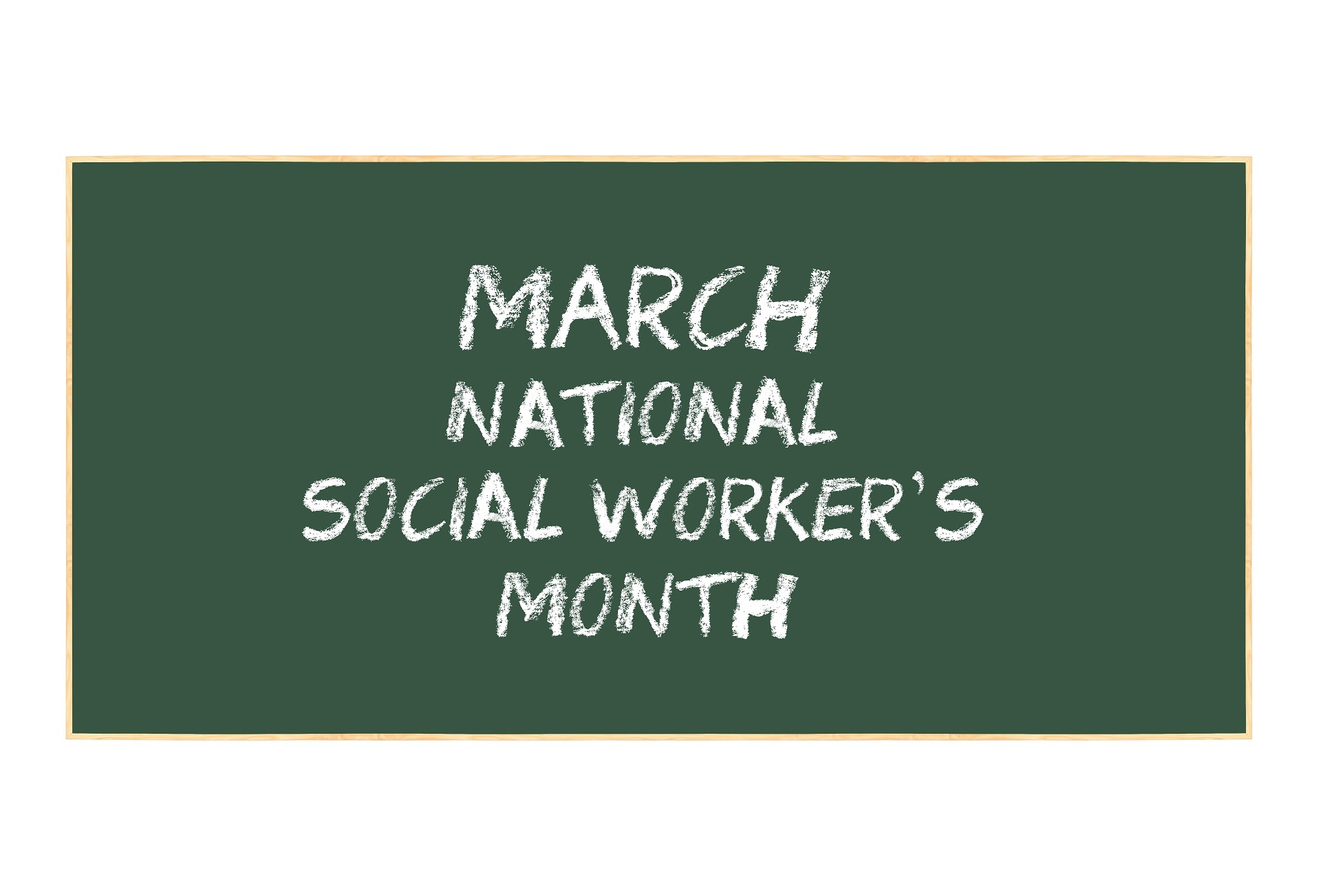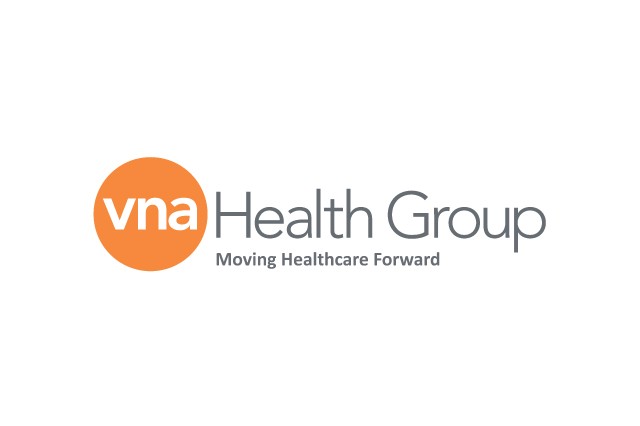To Be or Not to Be is Not the Question
This article was written by Marianne Holler, DO FACOI, and was first featured in the Injured Families and Compensation Fund Newsletter. The original article can be viewed here.
Imagine you are planning the “trip of a lifetime” for you and your family. Say, you decide to go to France. You plan this adventure for years. You want to make sure you save enough money that you can truly do what you want when you are there and experience as much as possible. You take French lessons, you study guide books, carefully choose places to stay and eat. You convert US dollars into Euros and study the exchange rate vigilantly. You and your family are so prepared and so excited. You book an overnight flight so you can arrive rested and take advantage of France from
the minute you arrive. So, you get on the plane, pull the shades, snuggle under a blanket and fall asleep shortly after take-off.
You awaken hours later as the plane is landing. You look around and the rest of the family is rousing also. You reach over, lift the shade, anxious to see France for the first time. That “trip of a life time” that you planned for and dreamt about and saved for over many months is about to begin! You look out the window, your heart skips a beat and you quickly realize you have somehow landed in China! You think, I do not speak the language, I know about the Great Wall and I have eaten Chinese food but do not know much else. Your money is in Euros and not Chinese Yuan. Do you panic or make the best of the situation?
Now, let’s think about healthcare education as it relates to end of life care. Healthcare professionals study for years. We are taught the patient has “A” we should do “B.” We are not necessarily taught the patient has “A”, what is the goal? How are we going to achieve that goal and who is the decision maker? The patient? The family? The doctor? The insurance company? The system? It makes us feel better that we “did” something. We keep within our comfort zone when life comes to a natural end. We become stymied when family members at the bedside say “We want everything done” or “We have hope” or “We have faith” or “I hear what you are saying but my Mom is a fighter.” We back out of the room, write up our plan of care “family wants everything done.” We continue on and mention to our colleagues “this family just does not get it.” We end up doing things “to” patients that do not end up being “for” them in the long run. We do not change the outcome, just how the patient and family experience the outcome. The patient receives costly, burdensome care, suffers unnecessarily and potentially dies amongst strangers and not at home where most would prefer to die. We essentially are prepared to get around in “France” and are not sure how to get around in “China.” No fault of our own. Our training did not cover these real world scenarios. I do not know about you, but I had three days devoted to end of life care in the middle of my second year of medical school.
So, perhaps learning some responses to those statements by patients and families can help you navigate the perils of providing appropriate, patient-centered end of life care. First, I will tell you that I start every difficult conversation with the same introduction. “I may have difficult things to tell you. It will not help you or your family member if I do not tell you the truth.” This gives me some room in the conversation to go deeper when things get emotional and hard for me and the family.
1) We want everything done
This is a common occurrence. This sends practitioners out of the room and on to the next patient pretty quickly. Perhaps asking “What concerns you that everything has not been done? I reviewed the records and in this situation, everything is being done. Every life comes to a natural end. I am concerned at this time that the burdens of everything we are doing is greater than any benefit to your family member. I am very concerned that she is now suffering unnecessarily. Does something concern you about her death that I can help with?” Now you have the opportunity to crack the door, sit down and have an honest conversation.
2) We have hope
When illness becomes advanced the definition of hope needs to become much broader. In most contexts people think ‘we have hope, she lives; we don’t have hope; she dies.’ I remind people they have to think about what they are hoping for; i.e. hope she is not in pain, that she knows she was loved, that she is not suffering, that she lived the life she wanted. Hope is not binary at the end of life. It becomes much bigger. They can hope that she passes away peacefully with them by her side, at home or in a place they find comforting. It may take you to lead them to this new definition of hope.
3) A miracle will heal her
A person’s faith is an opportunity, not an obstacle. I will, many times, lean in, relax and tell them that I am so glad they are a family of faith. Also, when someone is telling you “a miracle will heal her” they are essentially acknowledging what you are saying. They understand that their loved one is beyond the help of humankind, that a miracle will be needed to change the outcome. Embrace
their faith and use it to help them make good decisions. Invite their minister, priest, rabbi, imam or spiritual leader to be a part of the discussion.
4) Mom is a fighter, she would never give up
Being a fighter is an emotional, mental and spiritual state. You can point out that regardless of how mentally tough she is, her body of now failing. Sheer will to survive will not prevent her life coming to an end. I would love to tell you that all of this can be fixed but it cannot. Despite all we have to offer, her body will continue to fail. Then we will not change the outcome just how she and all of you experience the outcome. As a doctor and more importantly, as a human being, I do not want her to suffer for no particular gain.
In all of this, you must also learn to practice the art of silence. Do not be afraid of being silent with patients and families when you are discussing serious issues. I used to tell my fellows “always remember, he who speaks first loses.” It was a running joke. But it was also the most difficult skill for them to develop. Whether you are a provider or a risk manager, people are uncomfortable with silence in a room. We rush to fill the silence. We fill it with information, questions, whatever so we do not experience our own discomfort. In doing so, we lose the opportunity for healing, a revelation to settle on a difficult situation.
By taking the time to read this article you have hopefully learned enough “Chinese” to mix in with your “French” to be more comfortable with these stressful situations and are able to apply this end of life guidance so that you have more effective conversations in these and in other challenging circumstances.

Dr. Marianne Holler is an internationally recognized expert in end of life care.
In this article, she writes that effective communication is essential when addressing these
challenging issues.



